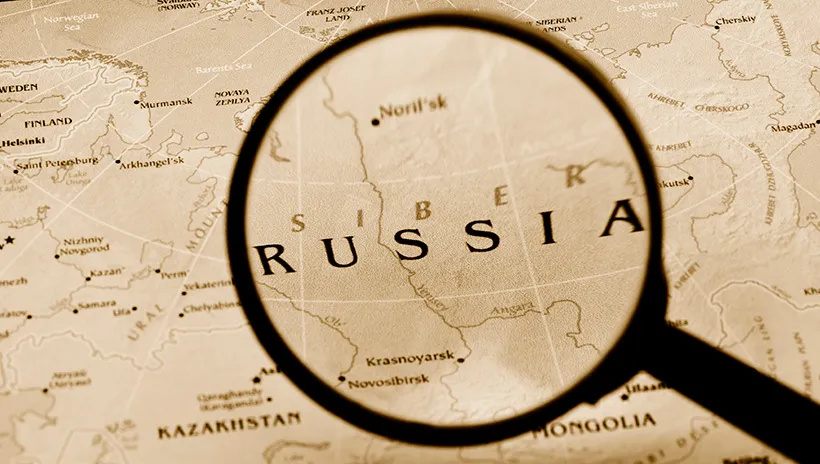Crisis awareness has increased – companies seek protection against Russian risks

Finnish exports to Russia fell by one-third, but inquiries about Finnvera’s guarantees come in steadily.
Lower oil prices, the weak rouble and the sanctions imposed in consequence of the Ukrainian crisis have cramped Finnish companies’ exports to Russia.
According to customs statistics for last year, exports to Russia plummeted by 32 per cent, to EUR 3.2 billion. The first months of the current year have not changed this trend.
The last time when exports fell below four billion euros was in 2003. At the same time, Russia has dropped to rank fifth among the most important export markets.
As a counterbalance to the gloomy news, enterprises have fortunately woken up to the situation.
According to Jussi Haarasilta, Executive Vice President at Finnvera, companies’ crisis awareness has increased and they more actively seek to protect their claims.
“We want to advance Finnish companies’ opportunities to engage in export trade. We will therefore continue to grant guarantees for exports to Russia, but we will observe how larger transactions, in particular, affect the level of total exposure,” says Haarasilta.
Outstanding commitments have remained steadily around 1.5 billion. This accounts for a little less than ten per cent of total outstanding commitments.
“Even now we have dozens of clients that export to Russia. There is a constant flow of inquiries about guarantees. Immediately after the sanctions were imposed, many companies hurried for guarantees, but not all projects have proceeded,” says Haarasilta.
Know your partner’s background
Most of Finnvera’s guarantee commitments involve the exports of large corporations. According to the Finnish-Russian Chamber of Commerce, hundreds of companies carry out regular exports to Russia.
“We grant short-term credit insurance for good buyers, but since the outbreak of the crisis, payment defaults have increased. We are particular about the buyer’s creditworthiness. In large projects that require credits, export credit financing is often channelled through a bank that is backing the Russian buyer,” Haarasilta explains.
He advises companies to investigate their trading partners’ background.
“Who is the buyer and the actual owner of the company making the purchase. The seller may start to pursue the issue too easily, without verifying the background.”
Russia’s economy will continue to slip this year. The IMF’s forecast for the change in the GDP is -1.8 per cent. The situation caused by the sanctions adds to economic uncertainty.
“The weak economic situation has caused a cut in imports. This means that many important investments or supplies for maintenance are sorely needed. This may gradually be seen in demand for imports in some sectors,” Haarasilta believes.
Finnvera has many tools for financing and guarantees that companies can use in their exports. More information about the various alternatives is available at: www.finnvera.fi/eng > Export.
Text: Kimmo Koivikko
